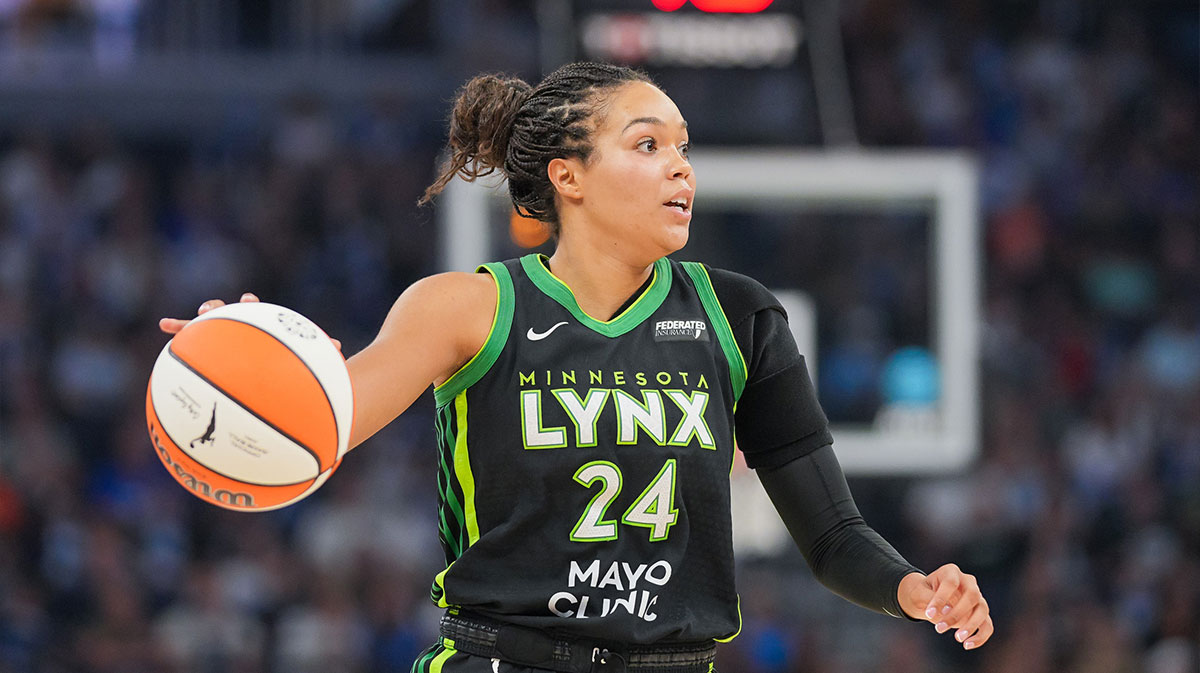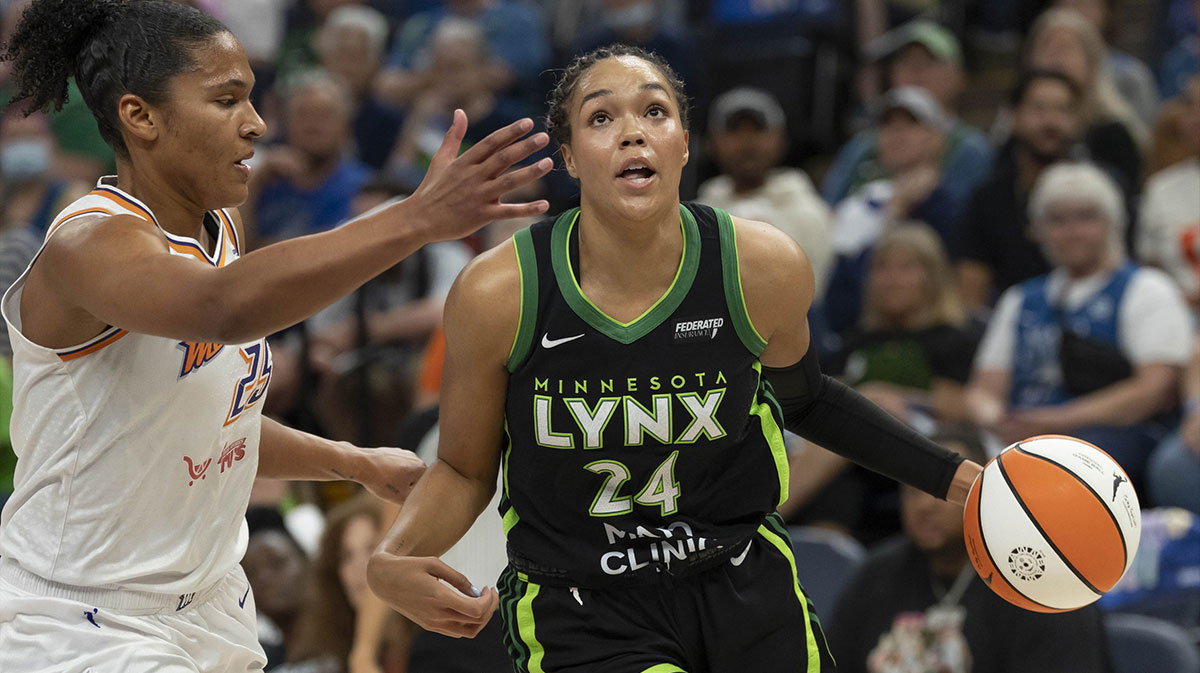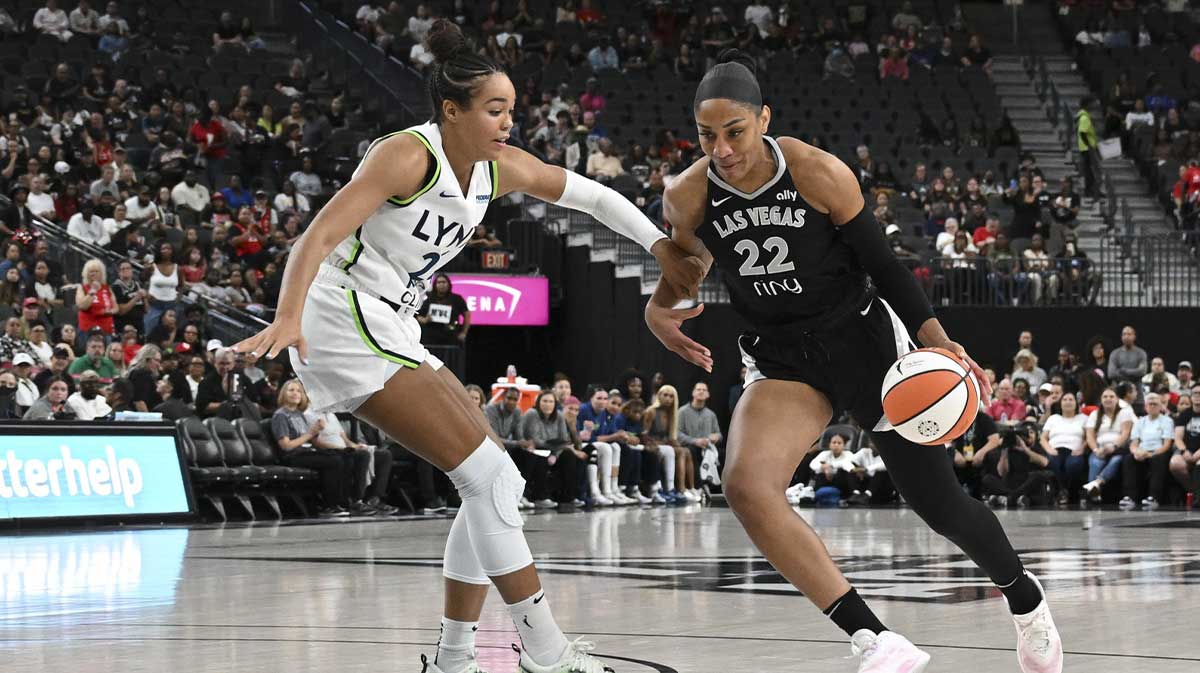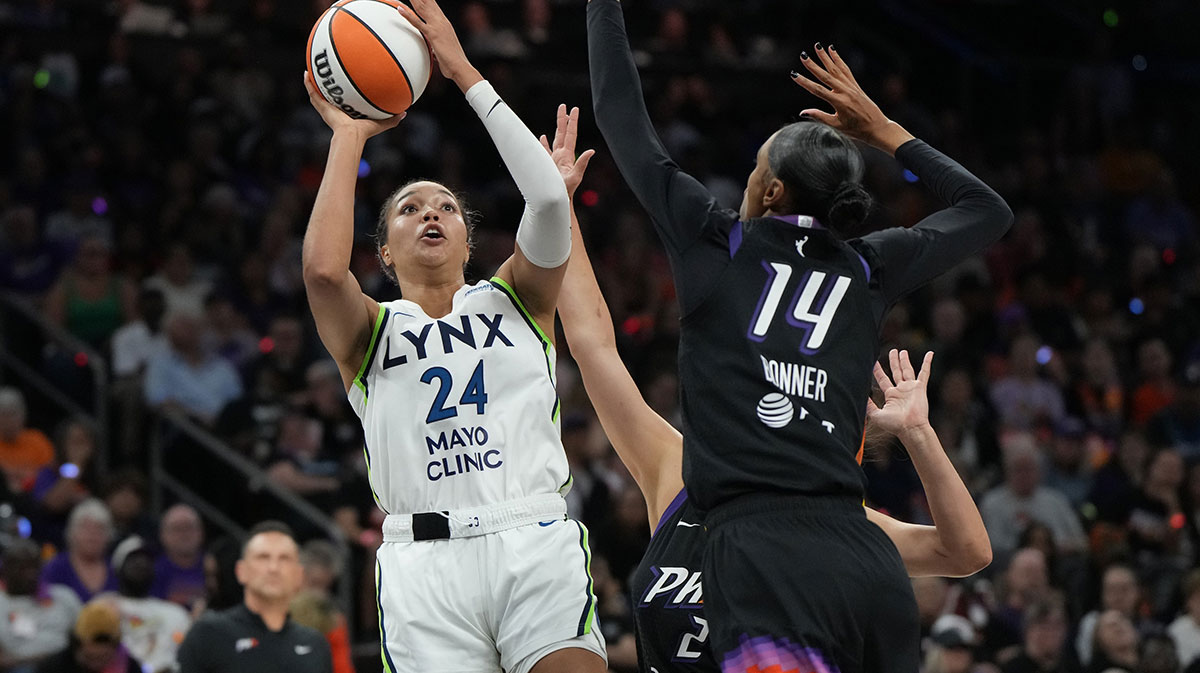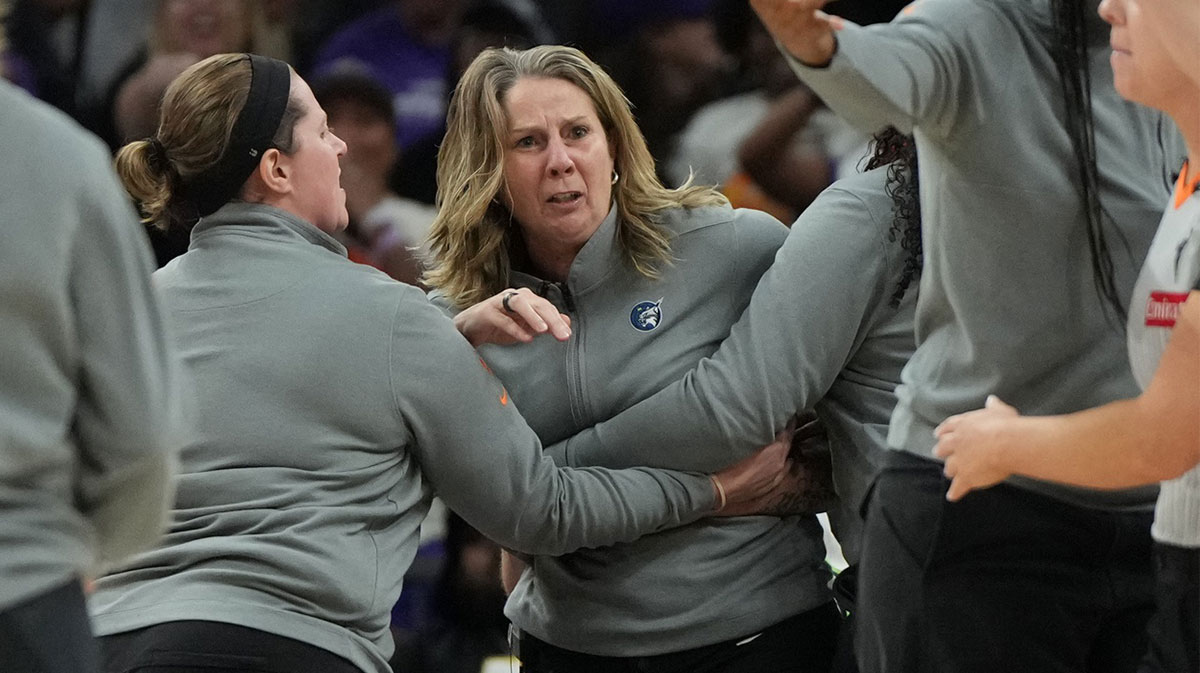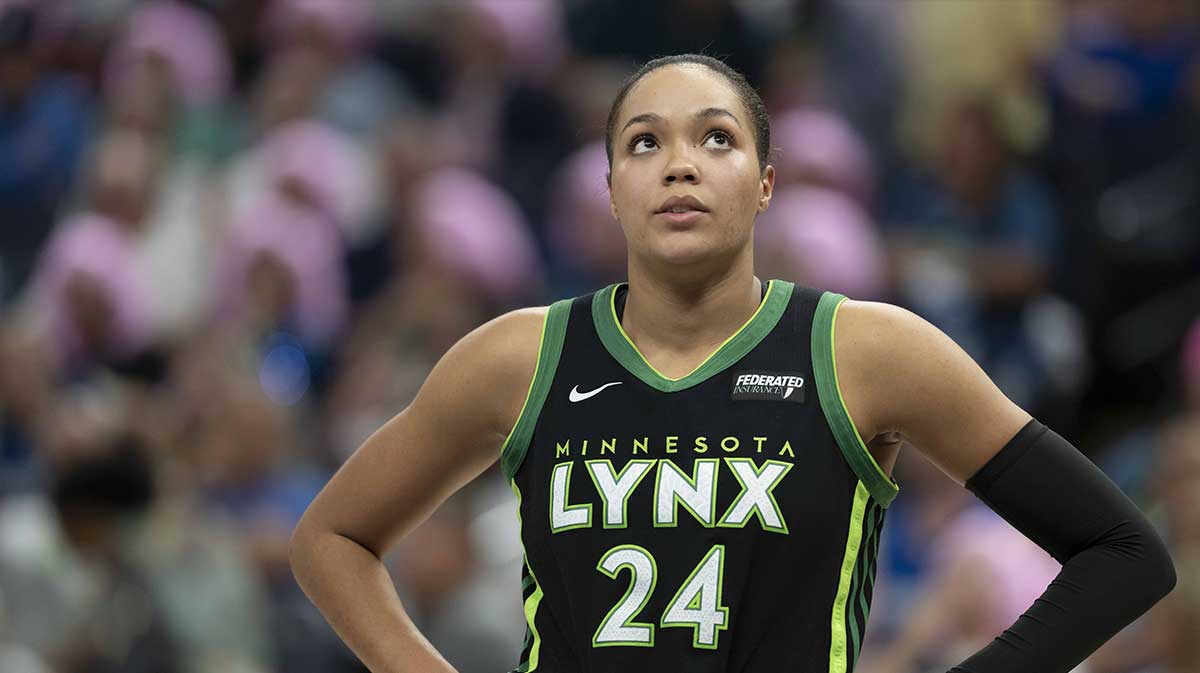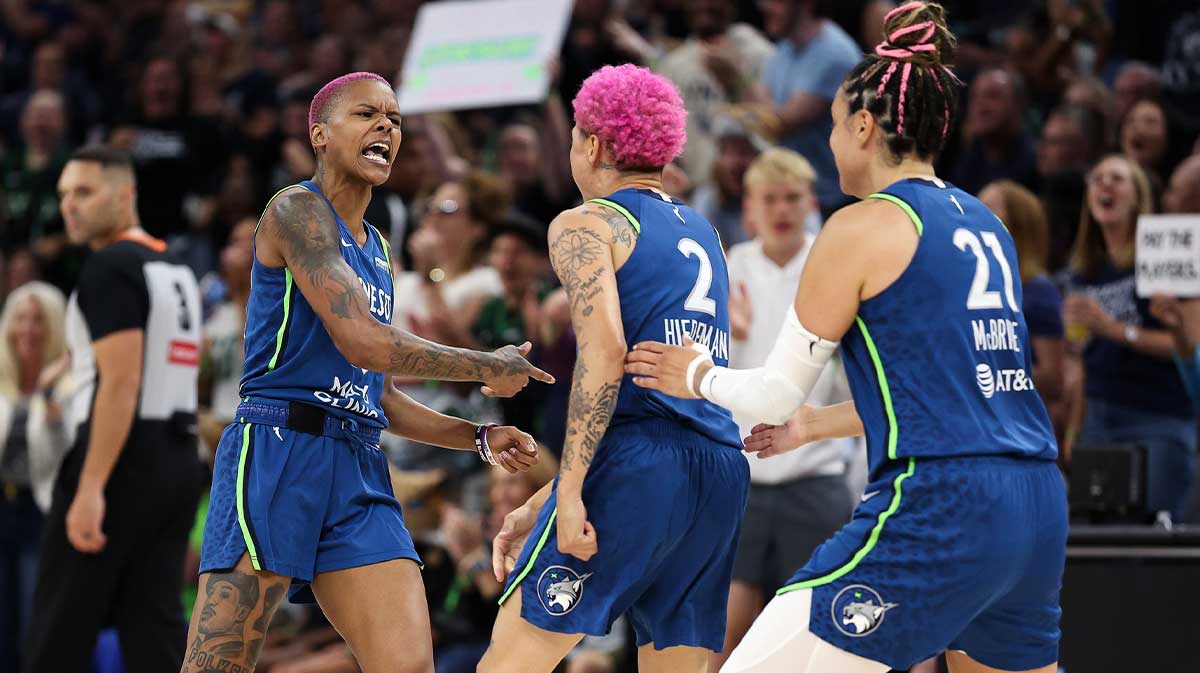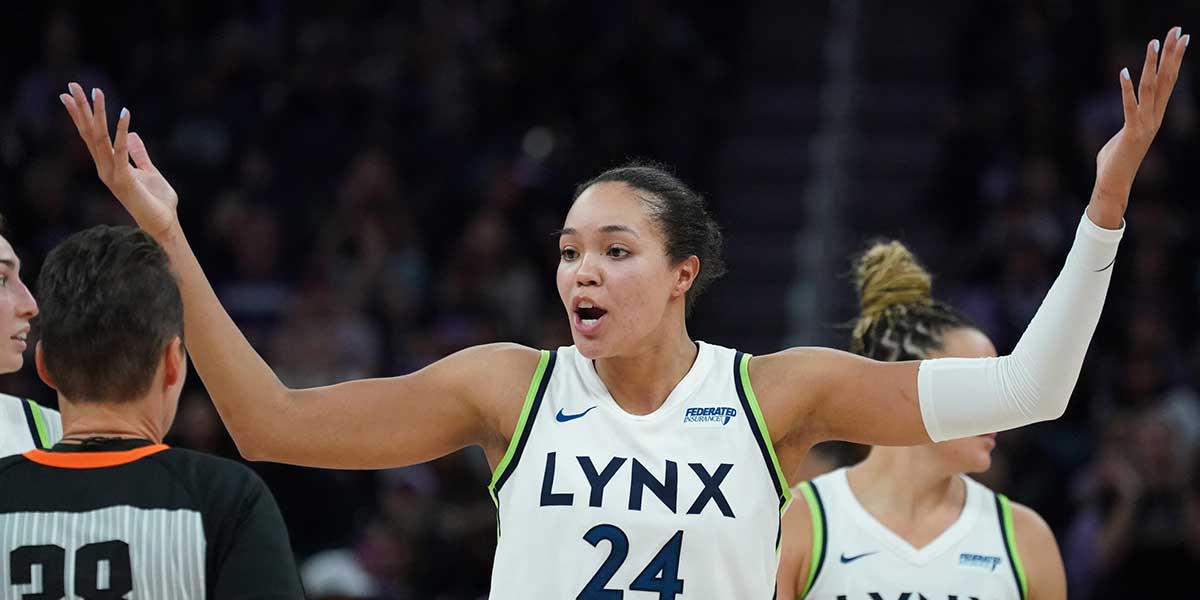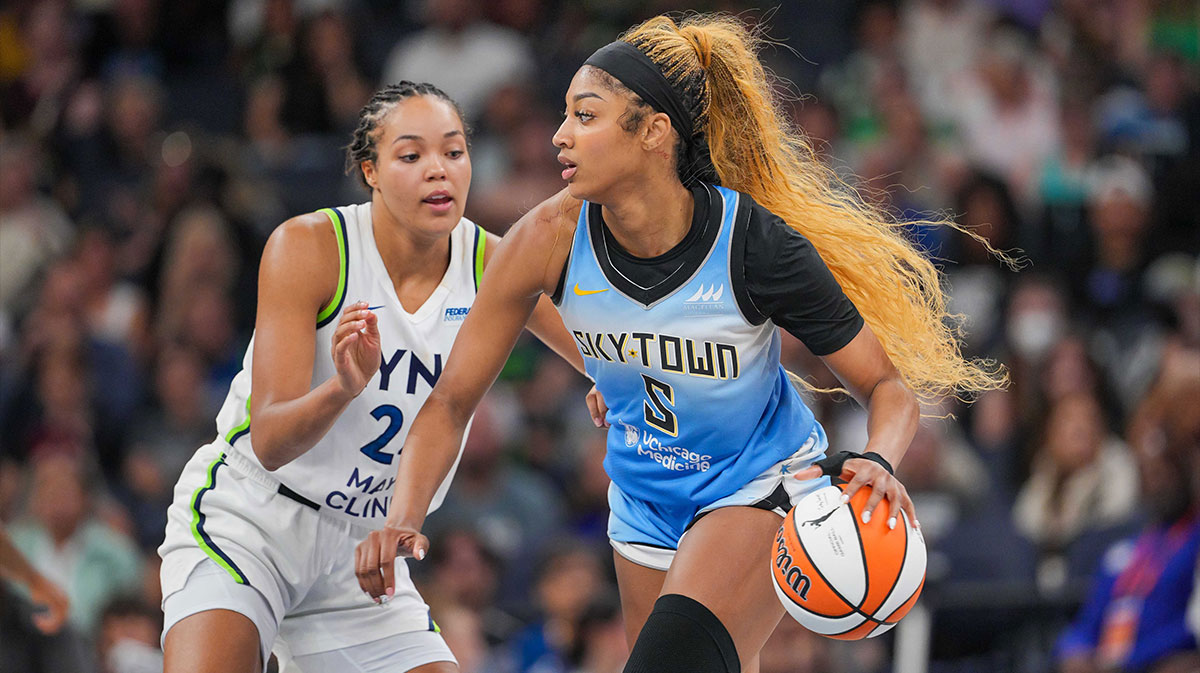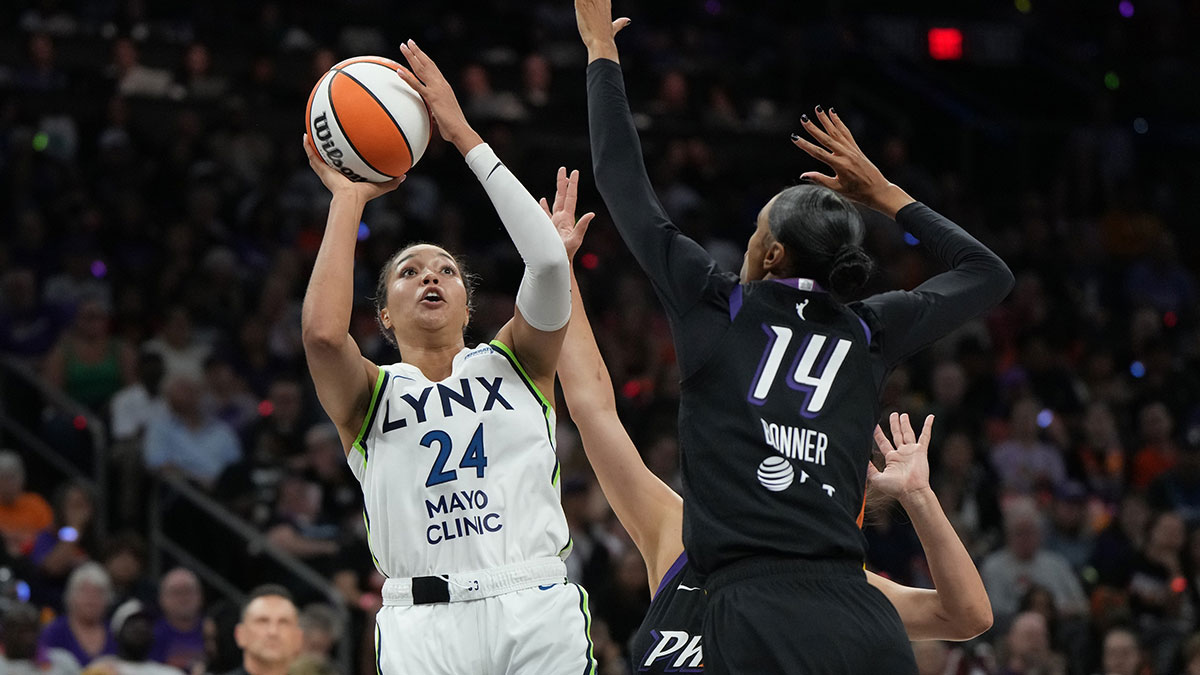The Minnesota Lynx’s Game 2 overtime loss to the Phoenix Mercury was a crushing blow in their 2025 WNBA playoff journey. In a game that seemed destined to go overwhelmingly in their favor, the Lynx fell short after the Mercury forced overtime and ultimately succumbed to Phoenix in the extra period. The defeat was not just emotionally draining but also highlighted critical weaknesses in the Lynx’s execution, especially in clutch moments.
However, despite the heartbreak, this loss is not the end of their playoff aspirations. If anything, it offers Minnesota an opportunity to learn, adapt, and bounce back stronger than ever. Let's explore the key areas that the Lynx must focus on to recover from this devastating defeat as they head out on the road to Arizona for Games 3 and 4.
game three, here we come. pic.twitter.com/1iUrnDdC5g
— Minnesota Lynx (@minnesotalynx) September 25, 2025
Reflect on the loss' impact
The emotional weight of a loss in overtime can linger long after the final buzzer sounds, and the Lynx’s Game 2 defeat was no exception. For the majority of the contest, Minnesota showed flashes of brilliance but ended up battling with Phoenix in what became a back-and-forth contest between two talented teams by the fourth quarter. With strong performances from players like Satou Sabally and Alyssa Thomas down the stretch, the Lynx were unable to prevent Sami Whitcomb from hitting a buzzer-beating 3-pointer to force overtime. Despite having the game within their grasp for most of the night, the Lynx faltered in the final moments of the extra period. A few defensive lapses, combined with a missed opportunity to foul with one to give, ultimately led to their downfall.
The players and coaching staff will need to address these issues head-on if they plan to continue with their championship goals. While the defeat was tough, it also creates a valuable opportunity to reassess, recalibrate, and build the mental and tactical resilience needed to move forward in the playoffs.
Strengthen the team's backbone
A key area that the Lynx must focus on moving forward is their defensive execution. One of the most significant reasons for their loss in Game 2 was their inability to consistently defend against Phoenix’s potent offense by the end of the matchup. The Mercury capitalized on several defensive lapses by the Lynx, especially in the second half and overtime. Minnesota, known for its defensive grit, allowed Phoenix to dictate the pace of the game during crucial moments.
To bounce back from this, the Lynx will need to focus on making defensive adjustments to avoid similar breakdowns, and the correction starts with improved communication on the defensive end. In late-game scenarios, it is imperative that all five players on the court are on the same page, especially in switching screens and rotating on defense. If Minnesota wants to slow down Phoenix’s offensive flow, the team must ensure that its defenders are in constant contact and that each player knows their assignment, especially when defending pick-and-roll situations or isolations with high-caliber players.
Another area where the Lynx must improve defensively is in limiting transition opportunities. Phoenix excels in fast-break situations, and Minnesota cannot afford to give up easy points off turnovers. The Lynx need to slow down the tempo and ensure that they are getting back quickly on defense. While their half-court defense is generally solid, it is in transition where the Lynx struggled in Game 2. If they can limit the Mercury's fast-break opportunities, it will go a long way in keeping the game within their control.
If the Lynx focus on defending the paint more effectively, they'll find ways to limit their opponent's touches near the basket. While it may be impossible to completely neutralize Phoenix's star power, Minnesota could work on double-teaming in the low post and forcing difficult passes or contested shots. If the Lynx can contest all shots around the rim, especially in overtime when every point becomes critical, they'll be well on their way to winning Game 3.
Avoid missing opportunities
Another significant factor in the Lynx’s Game 2 loss was their offensive inefficiency during crucial moments. While they were able to score throughout the game, the Lynx fell out of rhythm in key moments and missed several crucial opportunities to score in overtime, resulting in only four points i the extra frame as they failed to capitalize on high-percentage looks. It became clear that their offense was stagnating as the contest went on, which Phoenix took advantage of to regain control in the second half.
The Lynx’s offense, despite its potential, needs to return to its disciplined ways moving forward. To avoid a repeat of Game 2’s struggles, they must make sure that they are executing plays with precision and capitalizing off of high-percentage scoring opportunities. Getting players like Alanna Smith and Kayla McBride involved in key offensive sets, especially in pick-and-roll situations where they have the ability to either finish at the rim or create open shots for their teammates, would make all the difference when it comes to having an edge over the Mercury. Not to mention, Napheesa Collier, alongside StudBudz Courtney Williams and Natisha Hiedeman, are potent scorers who can be used effectively in various offensive schemes. Ensuring that they are consistently running the offense will be crucial to breaking down Phoenix’s defense.
Shot selection is another critical component that the Lynx can't let fall through the cracks again. The Lynx took several contested 3-pointers throughout the second game, many of which were forced or ill-advised. In close postseason showdowns, making high-percentage shots becomes more important than ever. Instead of settling for outside shots when there's a better look, Minnesota should focus on attacking the basket and creating opportunities around the rim. And despite being the WNBA squad with the second-fewest number of free-throw attempts in the regular season, the Lynx should look to draw fouls and get to the line as much as possible since free throws can be a game-changer in close matchups.
Additionally, the Lynx must limit the number of turnovers they commit. Turnovers were a significant problem in Game 2, especially in the fourth quarter and overtime. Minnesota should be more mindful of its ball-handling and decision-making in high-pressure situations. By cleaning up their mistakes, the Lynx can prevent easy fast-break opportunities for the Mercury and maintain control of the game in a hostile road environment.
Work on clutch-time execution
The semifinal defeat surprisingly exposed an area that the Lynx will quickly need to fix: Their mental toughness in clutch moments. The game’s outcome was ultimately determined by the Lynx’s inability to execute under pressure, with mental lapses and Collier's missed shot at the buzzer leading to overtime. While they played with heart and grit in the extra period, the fact that they landed in overtime at all highlighted how much the Lynx struggled when the contest was on the line. Minnesota needs to develop greater composure in high-stress situations, or Phoenix will use its home-court advantage to steal the series lead.
This change begins with the Lynx's players reinforcing confidence in their abilities. They are a talented team, but when the game tightens, they must trust in their capabilities. The Lynx should have their sights set on running their offense through their best players, namely Collier and Williams, and executing well-defined plays designed to get the ball to the right person at the right time. Whether it’s a game-winning shot or a defensive stop, Minnesota must stay poised and locked in because every possession matters.
The leadership of their veterans will also play a key role in helping the team stay grounded during these moments. This squad is full of seasoned players with extensive playoff experience who understand the pressure that comes with postseason basketball. Their ability to communicate with teammates, offer reassurance, and keep everyone focused on the task at hand will be crucial. Leadership, including that from decorated head coach Cheryl Reeve, will help keep the team mentally prepared for whatever challenges lie ahead.
Come together after adversity
One of the Lynx’s greatest strengths is their team chemistry. They are a close-knit group that thrives on mutual support and camaraderie. After a tough loss like they just suffered, it is important that they regroup and come together as a unit to refocus their efforts on the next game. Reeve, who has been instrumental in building this strong team culture, will need to rally the players and remind them of their strengths.
A team meeting or an open dialogue could help the Lynx address any frustrations from the loss, recalibrate their mindset, and build confidence moving forward. Focusing on the positives of the game, such as their ability to build a 20-point lead in the first place, can help remind the team that they are among the highest level of competition in the W. The Lynx need to embrace the lessons from Game 2, learn from their mistakes, and channel their energy into their next opportunity.
In the aftermath of their heartbreaking overtime loss to the Mercury, the Lynx find themselves at a crossroads. Letting a game slip away at home was tough, but it also presents a chance for them to grow into the championship-caliber team they know they are. By addressing their defensive weaknesses, improving their offensive efficiency, executing in clutch moments, and relying on leadership and team chemistry, the Lynx can bounce back from this setback.
While Game 2 was a painful reminder of the pressure that comes with playoff basketball, it also gives the Lynx a chance to showcase their resilience and potential. By learning from their mistakes and coming together as a unified squad, they can not only recover from this loss but also emerge stronger and more formidable. The road to redemption will not be easy, but Minnesota has the tools, talent, and mentality needed to turn this adversity into strength and continue its pursuit of a WNBA championship.










